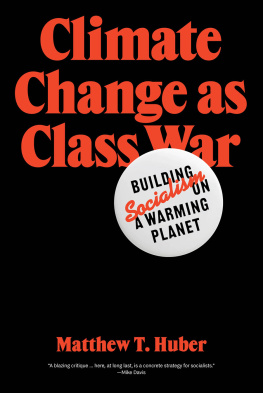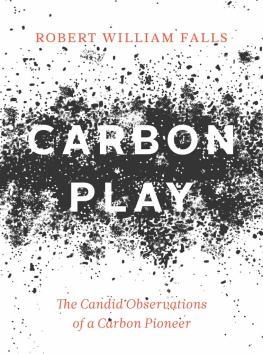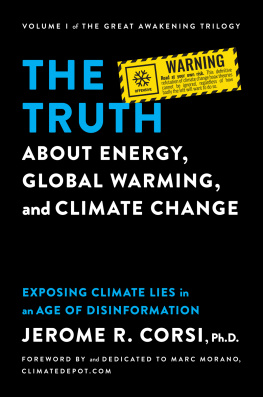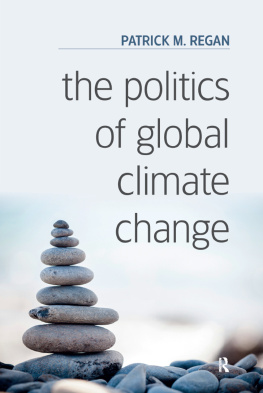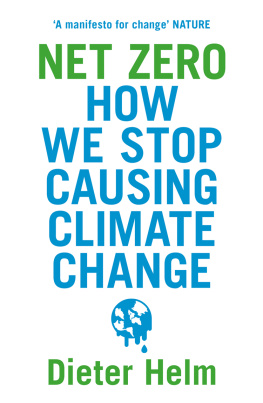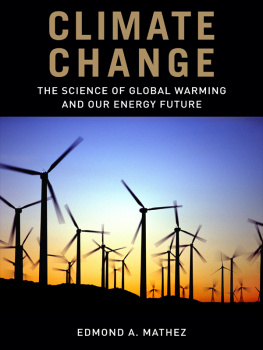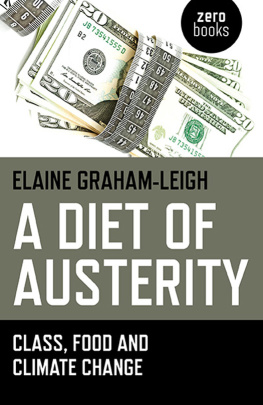Contents

Climate Change as Class War
Climate Change as Class War
Building Socialism on a Warming Planet
Matthew T. Huber

First published by Verso 2022
Matthew T. Huber 2022
All rights reserved
The moral rights of the author have been asserted
1 3 5 7 9 10 8 6 4 2
Verso
UK: 6 Meard Street, London W1F 0EG
US: 388 Atlantic Avenue, Brooklyn, NY 11217
versobooks.com
Verso is the imprint of New Left Books
ISBN-13: 978-1-78873-388-5
ISBN-13: 978-1-78873-389-2 (US EBK)
ISBN-13: 978-1-78873-390-8 (UK EBK)
British Library Cataloguing in Publication Data
A catalogue record for this book is available from the British Library
Library of Congress Cataloging-in-Publication Data
A catalog record for this book is available from the Library of Congress
Typeset by Hewer Text UK Ltd, Edinburgh
Printed and bound by CPI Group (UK) Ltd, Croydon CR0 4YY
For Loretta
Contents
Introduction: Climate
Change as Class War
Introduction: Were Still Losing
Most books like this would start by laying out the terrifying science of climate change: the hotter temperatures, Arctic melting, and intensifying droughts. I will not begin like this. If you have this book, chances are you know the situation is dire. And you know we have precious little time. In 2018, the Intergovernmental Panel on Climate Change (IPCC), gave us twelve years (now eight!) to implement rapid, far-reaching and unprecedented changes in all aspects of society.
You probably also know that, as Bill McKibben constantly points out, we are losing the climate fight.
Also to much fanfare, the other major emitter, China, announced its own target to reach net zero emissions by 2060.
We should recognize that this talk of targets and pledges projecting out to 2030, 2035, 2050, and 2060 is similar to the talk of the 1990s and early 2000s, when international climate negotiators focused their gaze on 2005 and 2020. What matters is real progress in a rapid and wholesale transition from fossil fuels. And that is simply not happening.
Despite the rhetoric, the Biden administrations main climate policy is an infrastructure bill that falls well short of the fiscal commitment most think is necessary to meet his 2030 target. Those figures are just for public lands; they do not cover the continued extraction of fossil fuels on private lands.
Climate Change as Class War begins from the premise that the climate movement is losing, and seeks how we might not. This is a question of power. As Jane McAlevey points out, to build power social movements must first engage in a power-structure analysis of precisely who needs to be defeated, overcome, or persuaded to achieve success. On that front, we need to build power to take on some of the wealthiest corporations in world history. My central argument is that this particular power struggle is a class struggle over relations that underpin our social and ecological relationship with nature and the climate itself: ownership and control of production.
Climate Change as Class War argues for both a new ecological and Marxist understanding of class. I argue climate change is a class issue in three ways. First, the climate struggle needs to focus on production. I argue for a return to the quite orthodox understanding of class as a relationship to the means of production. This may appear outdated and more relevant to the era of massive industrialization and worker organizing in the late nineteenth and early-to-mid twentieth century. But if we are concerned about climate change and ecological breakdown, it remains an issue of industrial production today. In fact, the entire human relationship to the natural world is, at its core, a relationship of productionhow we produce the food, energy, housing, and
Second, a specific class overwhelmingly shapes the climate movement: the professional class. Yet from an ecological perspective, the knowledge economy is a specific postindustrial form of work defined by its temporal and spatial distance from industrial mass production. This has two consequences for climate politics: first, professional-class climate politics fixates on its own relatively comfortable consumption as the core driver of climate change (and tends to ignore industrial production). Second, the role of education in class formation leads professional-class climate politics to fixate on the science of the climate crisis and ecological collapse. The professional class centers its politics not on material struggle over resources and power, but on knowledge, or the belief or denial of climate change itself. It also tends to marshal technocratic knowledge to propose nonconfrontational smart policy fixes that brim with logic and good incentives, but fail in terms of mass appeal or clear material benefits. Professional-class climate politics also includes radical variants that call for system change, climate justice, or degrowth, but offer little in the way of strategy on how to build the kind of mass movement we need to defeat the fossil fuel industry.
Clearly, for this class the role of education and credentials is central to their project of carving out advantages in the labor market, but my argument is more about how educational credentials shape their political outlook. In the United States and much of the Western world, the last few decades have seen increasing partisan polarization This poses a fundamental democratic problem for climate politics.
Third, to defeat the entrenched power of the capitalist class, we will need a mass popular movement. I argue only the working class has the capacity to achieve this kind of mass movement. We can define the working class as those separated from the means of production and forced to sell their labor to survive. But we do not often understand this definition as an ecological relationship to the conditions of life. As Stefania Barca puts it, the working class is defined by a unique and global process of violent separation from their means of subsistence. This separation from the ecological conditions of life forces the working class to survive via the marketa fundamental source of economic insecurity. Furthermore, and unlike the professional class, the working class also tends more toward manual labor and lacks the credentials that create advantages in the labor market and, sometimes, autonomy in the labor process.
Why is the working class central to the climate fight? The power of the working class is rooted in three factors. First, it is the vast majority of the populationmeaning any democratic or majoritarian approach to climate action must build a working-class coalition. Second, its strategic location at the point of production gives it structural power over the source of capitals profits and social reproduction more generally. Working-class power is most effective in periods of mass , the defeats of Green New Deal candidates like Jeremy Corbyn and Bernie Sanders remind us that such interests are not pre-given, but must be organized through durable working-class institutions like political parties, unions, and media infrastructure.
If the planet continues to burn, future historians will no doubt find our society puzzling: we clearly understood the gravity of climate change, but did nothing. Capital, and its associated ideologies, are blocking the changes needed. A clear barrier is simply an ideology of private property. As Andreas Malm observes, capitalist property has the status of the ultimate sacred realm.

